Slain biker 'prospect' hailed from Cote St. Luc
One of the eight victims of Ontario's worst mass murder grew up in Montreal and will be buried here tomorrow.
By The Gazette (Montreal) April 12, 2006
One of the eight victims of Ontario's worst mass murder grew up in Montreal and will be buried here tomorrow.
Jamie Flanz, 37, a resident of Keswick, Ont., was among the eight people tied to the Bandidos outlaw motorcycle gang killed as a result of what the Ontario Provincial Police described as an internal conflict within the gang.
Leonard Flanz, a Montreal lawyer, said he had difficulty believing his son was a prospect in a biker gang. "It just doesn't fit the image of Jamie.
"He did affect the image of the motorcycle crowd, but not that of a motorcycle gang. He had a Harley-Davidson and liked to wear a leather jacket and shades. He was a big guy. But as is often the case, image is not the reality.
"There were an awful lot of positive things about Jamie."
Flanz was not known to police investigators who probe biker activity in this province. Flanz did not have a record in Quebec.
But police recently searched Flanz's home in Keswick, about 50 kilometres north of Toronto, for evidence in the beating death of a man whose body was found in a woodlot in Pickering, Ont., four months ago. No charges were laid against Flanz, and police are still investigating.
Flanz was described by Ontario police as a "prospect" of the Bandidos. That status meant he was one step away from being a full-fledged or "full patch" gang member. Shortly before he was killed, according to the Globe and Mail, Flanz had told a friend he had plans to leave the gang.
Aerial photos taken Sunday of the area where the eight men were found Saturday showed Flanz's luxury SUV abandoned with its hatch open and a large man in pyjamas lying dead in the back.
The OPP would not confirm whether the body pictured was that of Flanz.
Flanz grew up in Cote St. Luc with his two younger sisters and a younger brother.
He graduated from Wagar High School and attended Dawson College while playing hockey and baseball on teams in Cote St. Luc. He coached hockey and was an ambulance technician with Cote St. Luc's Emergency Medical Services.
His father said Flanz once saved the life of a man who had been shot at a bar in downtown Montreal. He was working as a bouncer at the time but used his life-saving skills to keep the man alive until ambulance technicians arrived.
"In many respects, he could have been a role model to many young people while he was growing up," Leonard Flanz said.
Jamie Flanz moved to Ontario nine years ago. He helped a U.S. computer services firm set up a Canadian company but left the job in 1999 and moved on to direct a Toronto company called Onico Solutions.
Leonard Flanz said he spent weeks with his son this year in Florida. They were in regular contact when they returned and, Flanz said, he spoke to his son on Friday, presumably just hours before the homicides occurred.
Flanz said his son did not express any concerns about his personal life.
The slayings, and the arrest of a full patch member as one of the suspects, have generated media speculation that the Bandidos are on the verge of disappearing in Canada. The international biker gang, which originated in Texas, has several chapters in many countries. But the Bandidos are "steering clear" of the funerals for the slain former members, Texas police said.
"When they have a funeral for a Bandido here in Texas, they come from all over. They have Bandidos represented from all over the world," said a Bandidos specialist based in Houston.
The gang's decision not to rally supports the allegation by police in Ontario and Texas that the eight Bandidos were killed in a matter of "internal cleansing" after a deal cut between their gang and the Hells Angels that surrendered Canada to the Angels.
But Guy Ouellette, a retired Surete du Quebec investigator and an expert on biker gangs, said it's too early to write off the Bandidos in this country.
The gang's chapter in Toronto had 20 members, including those who were killed and Wayne Kellestine, the Bandido charged in the slayings, Ouellette said, citing recent analyses.
Several Bandidos serving lengthy sentences for drug trafficking and other offences related to Quebec's biker war might eventually join the chapter in Ontario when released, he said.
That option was part of a pact the Bandidos reached with the Hells Angels when the former agreed to shut their chapters in Quebec, Ouellette said.
Another slain Bandido with a Quebec connection was Luis Manny Raposo, 41, of Toronto, who was arrested during the Surete du Quebec's Project Amigo in June 2002. Although he spent more than a year in prison - and though several of his co-accused pleaded guilty or were convicted - Raposo was not brought to trial because, the prosecution said, the main police informant in the case refused to co-operate.

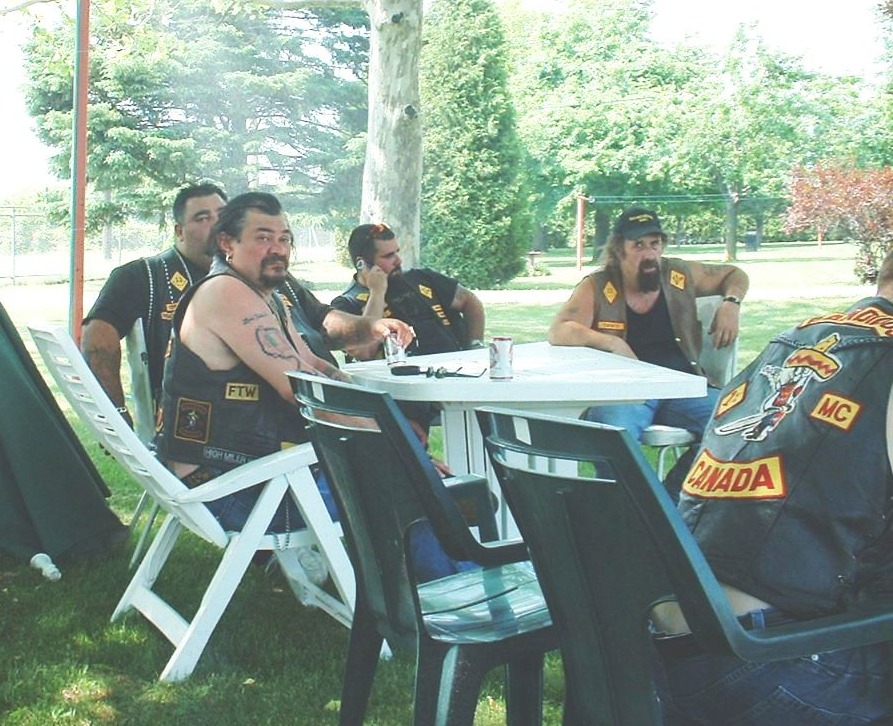



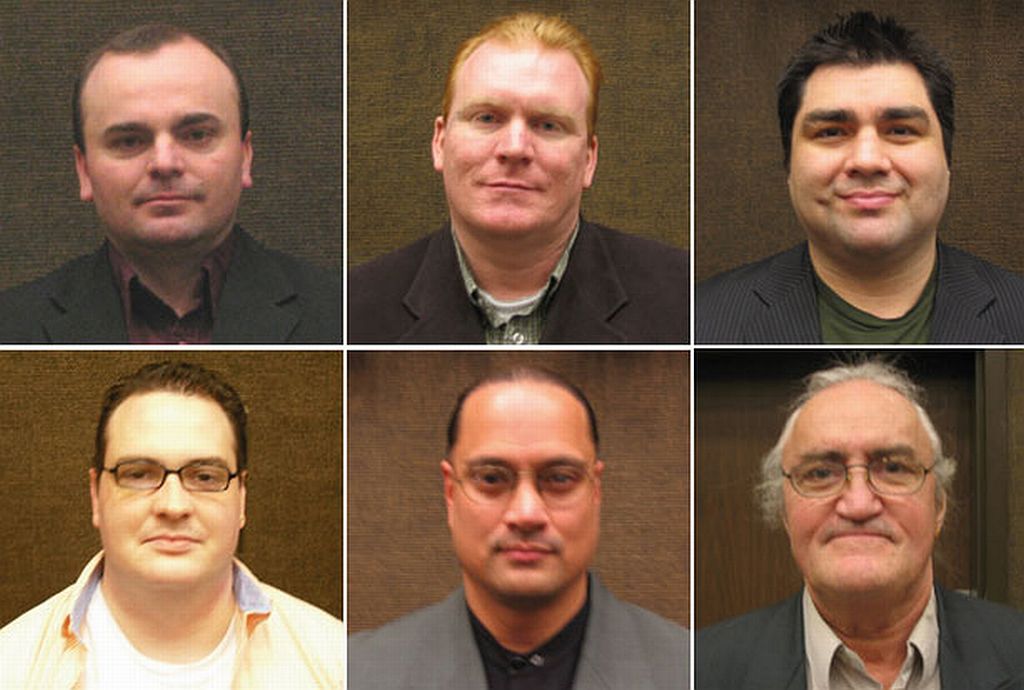

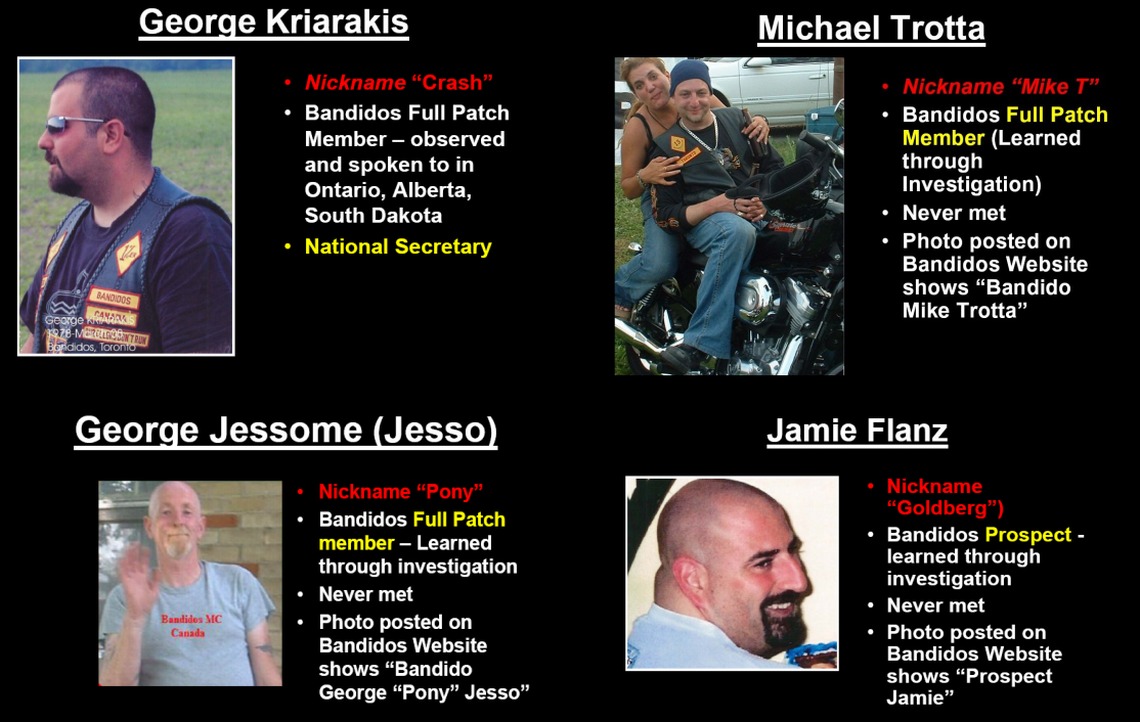
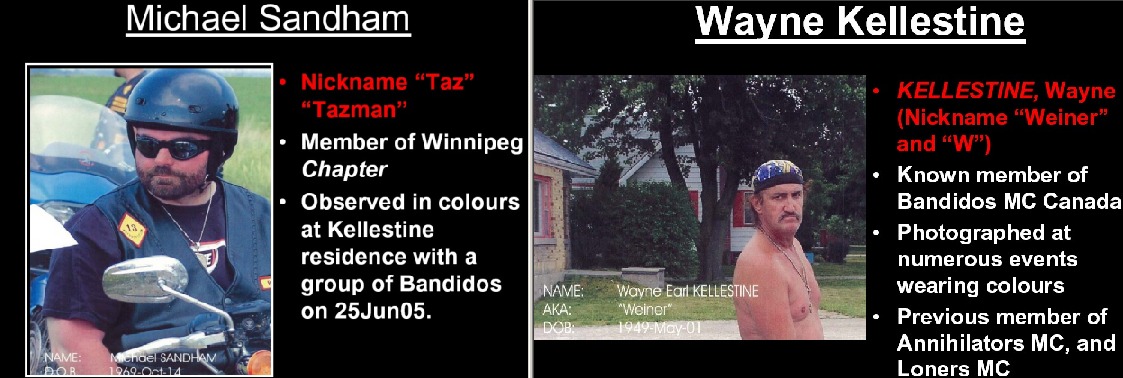

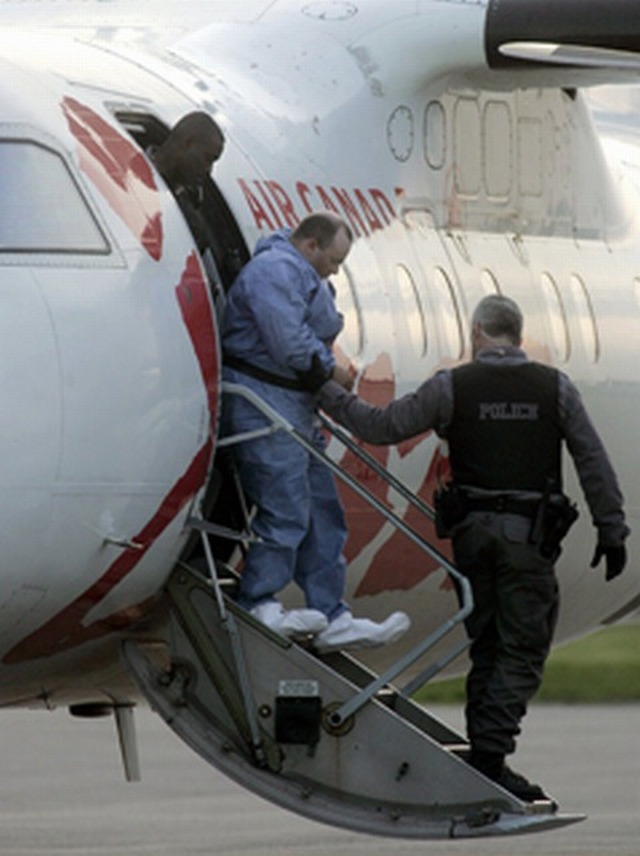

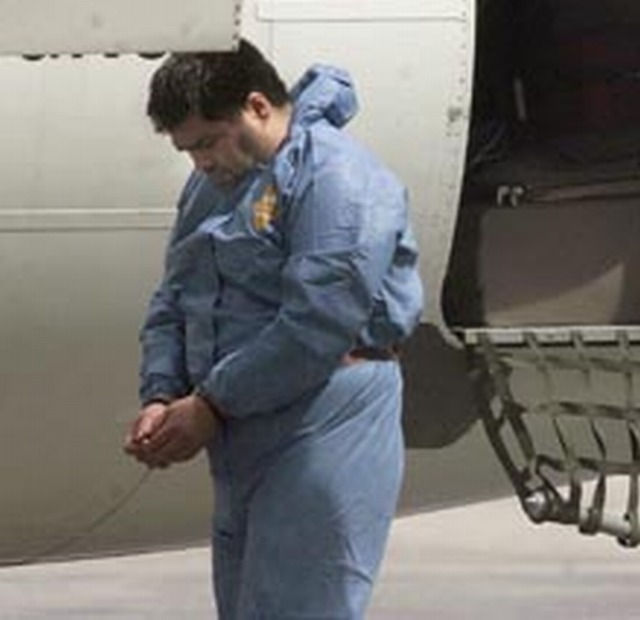
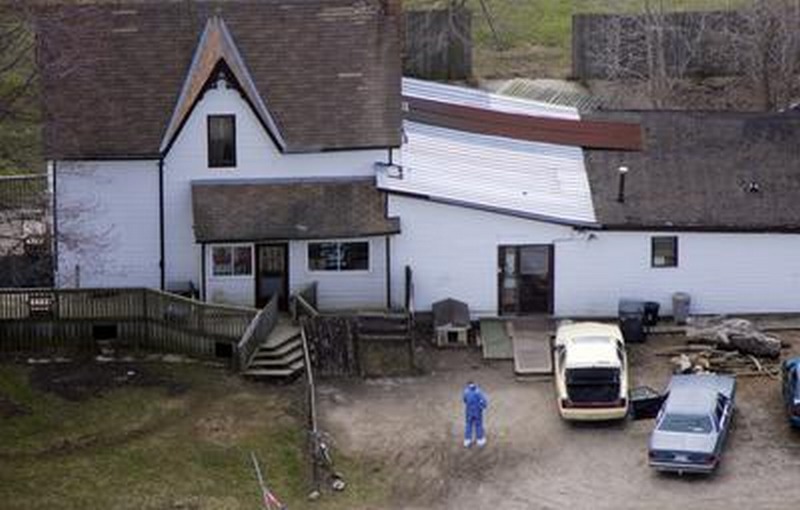
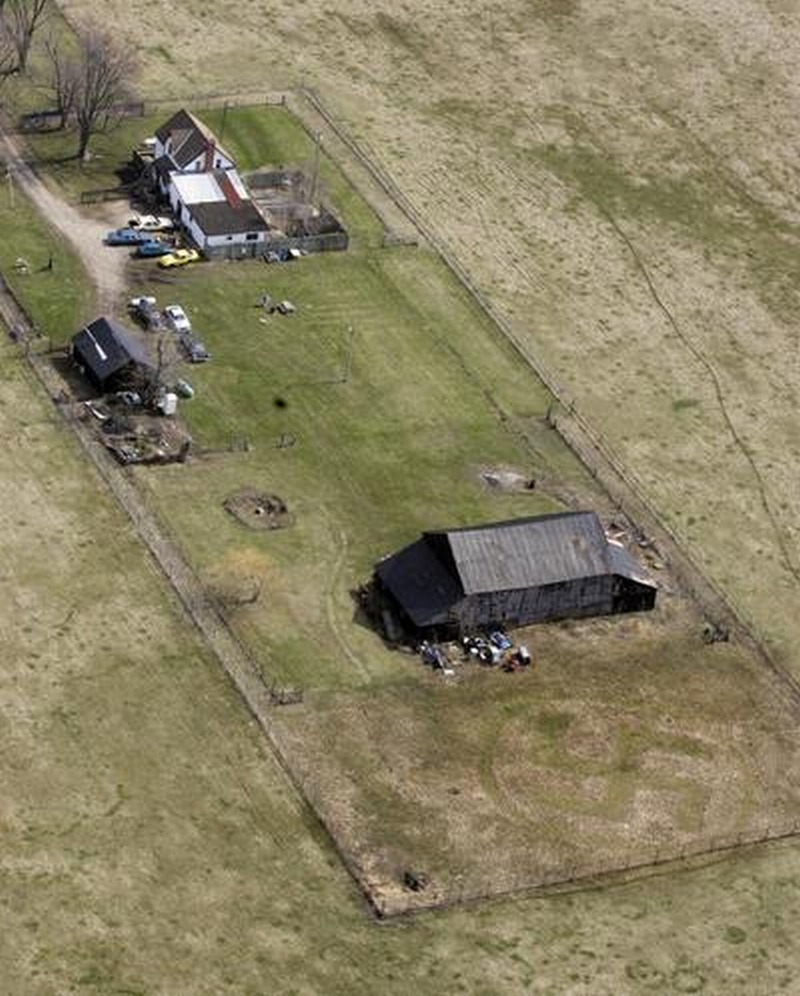

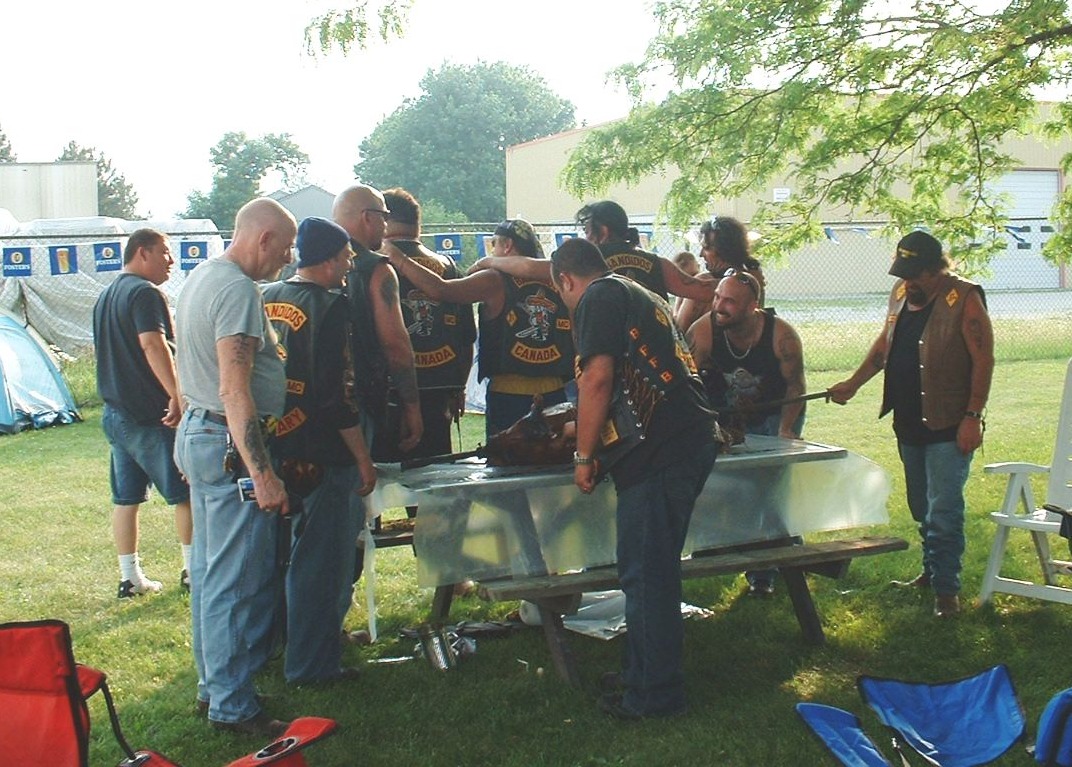

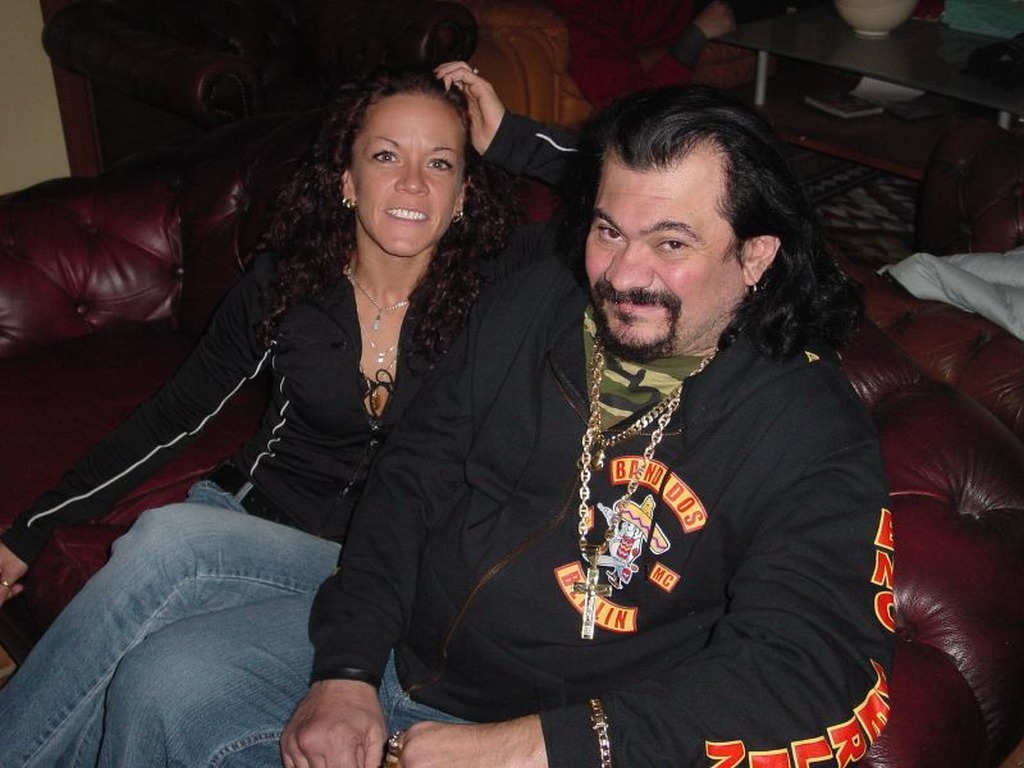
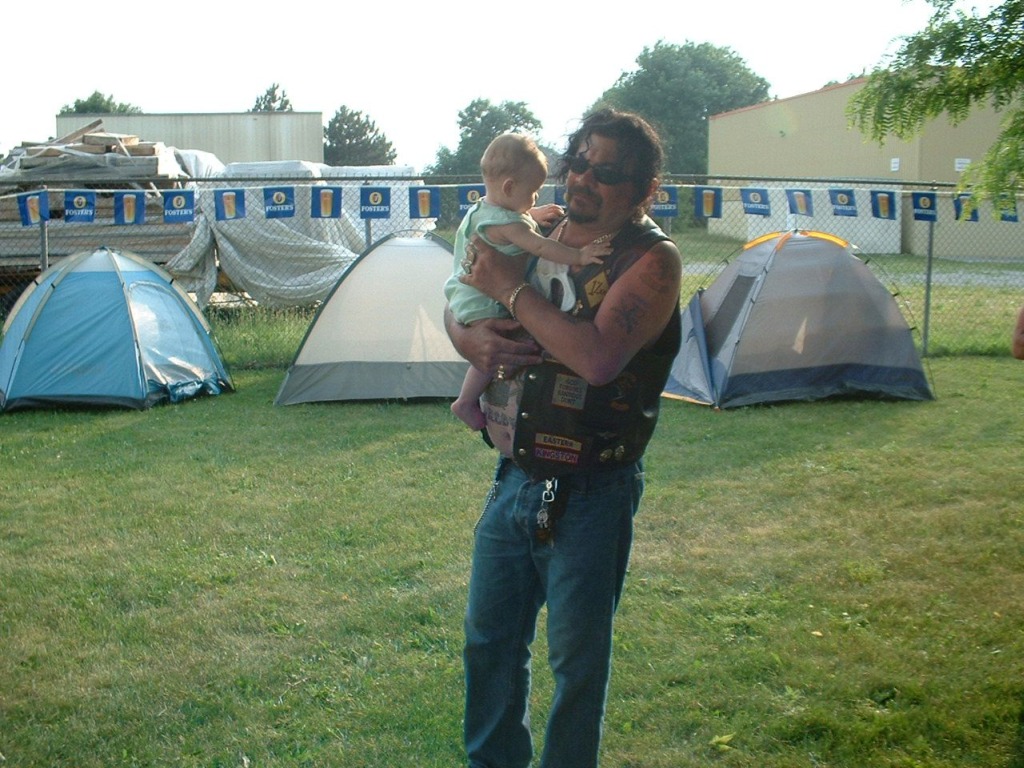
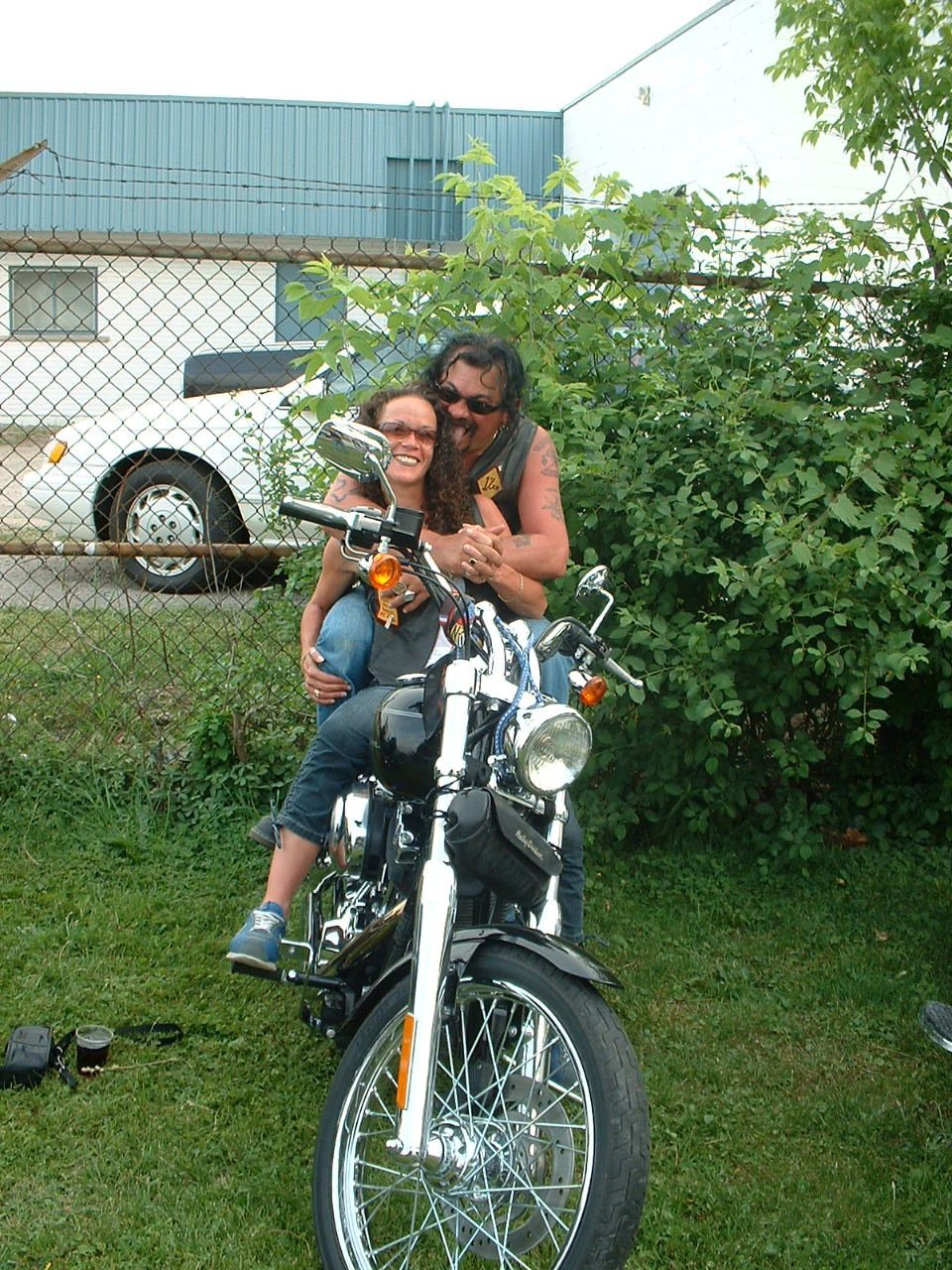


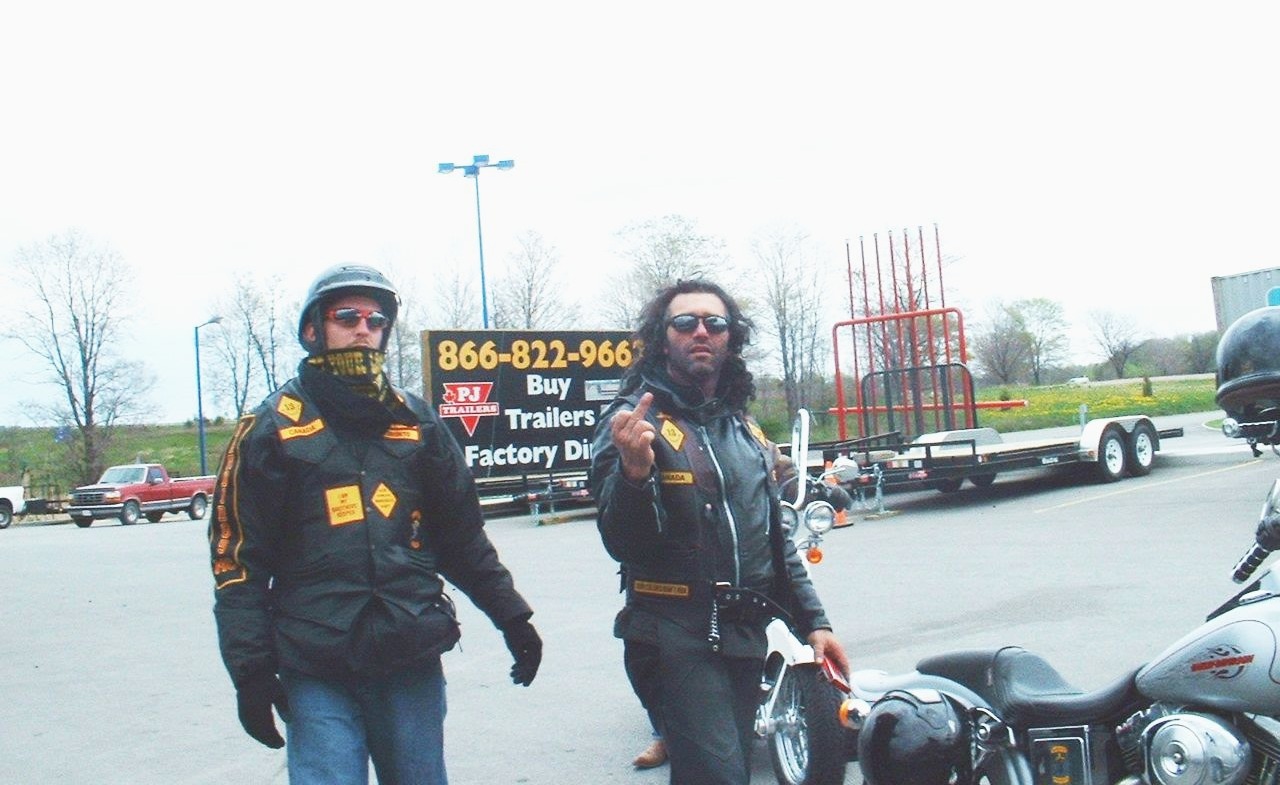
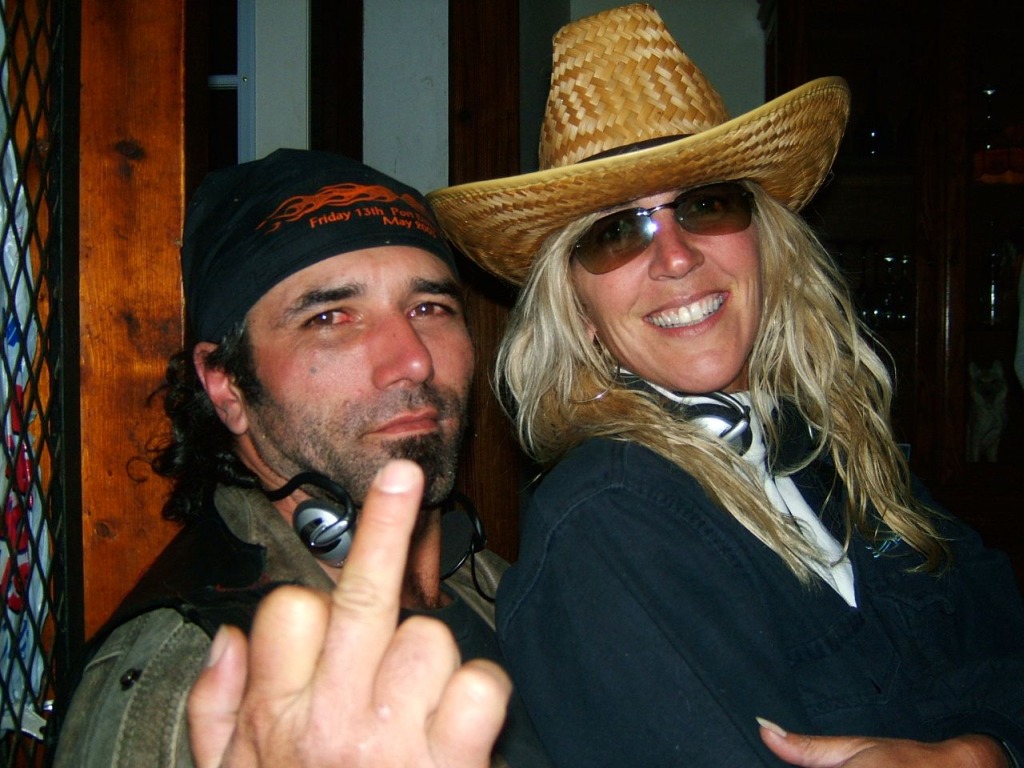
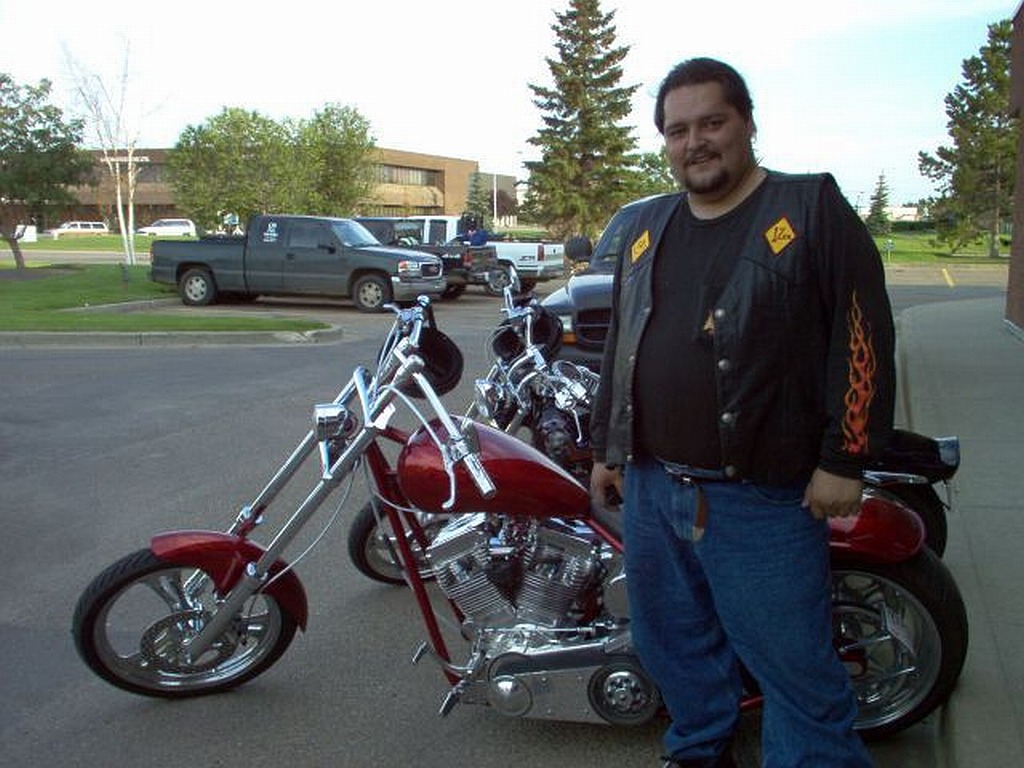
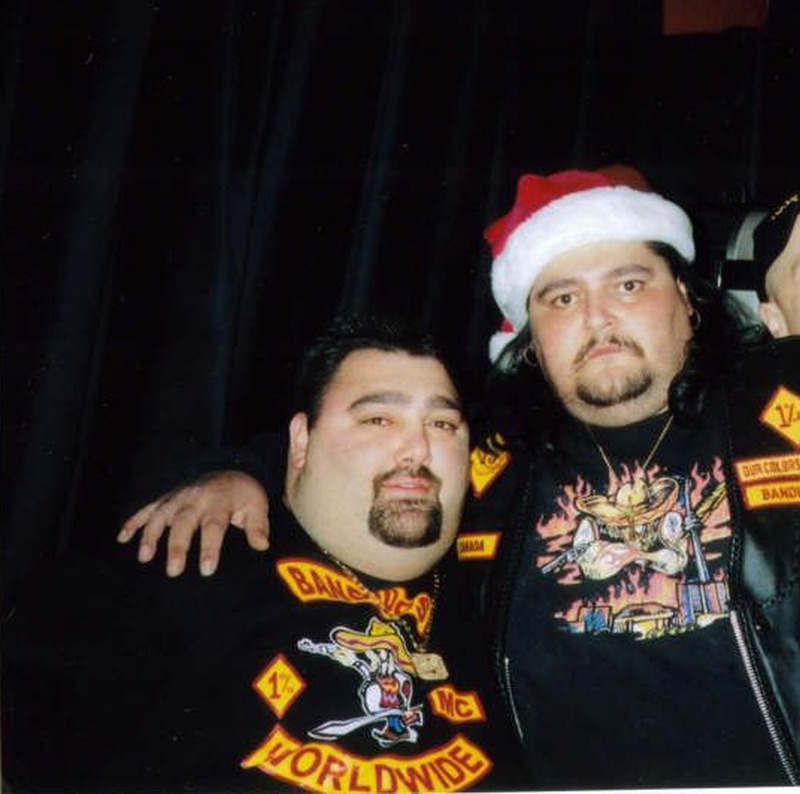

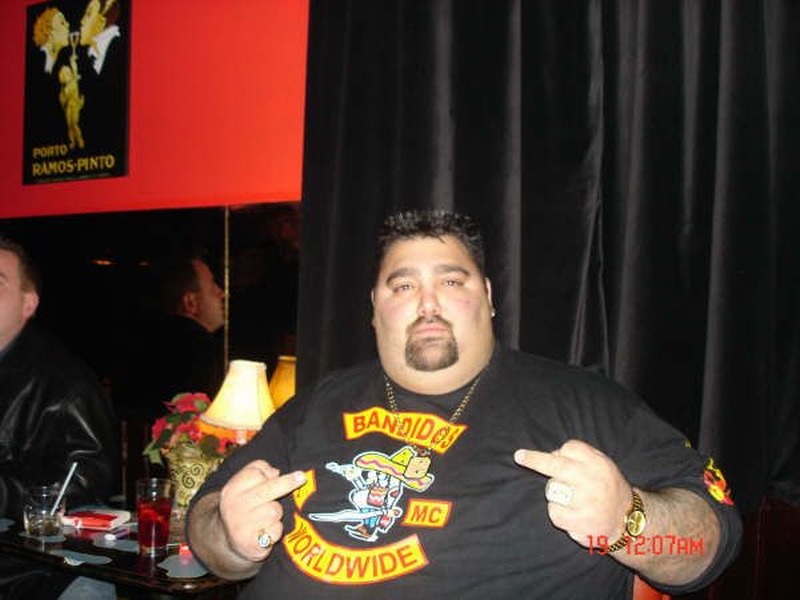
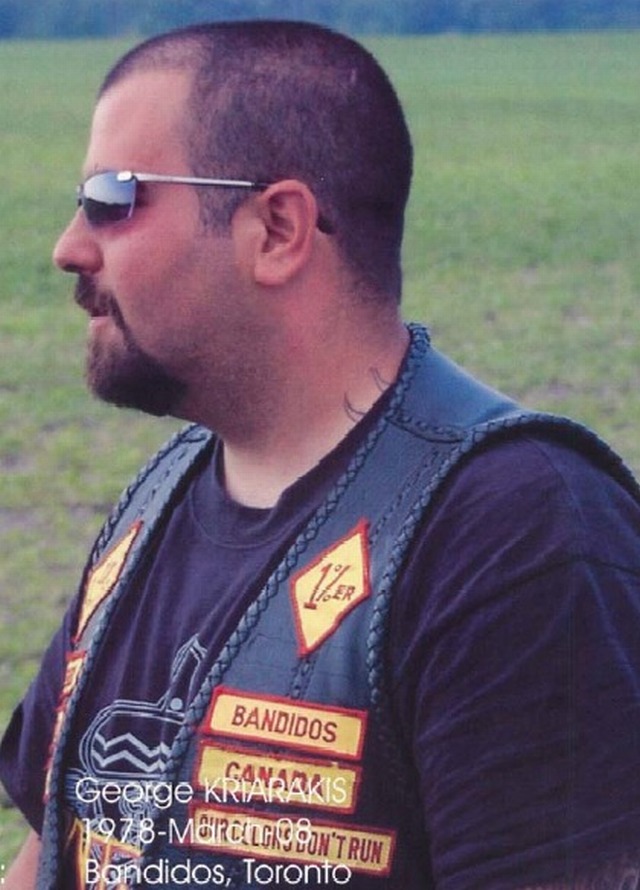
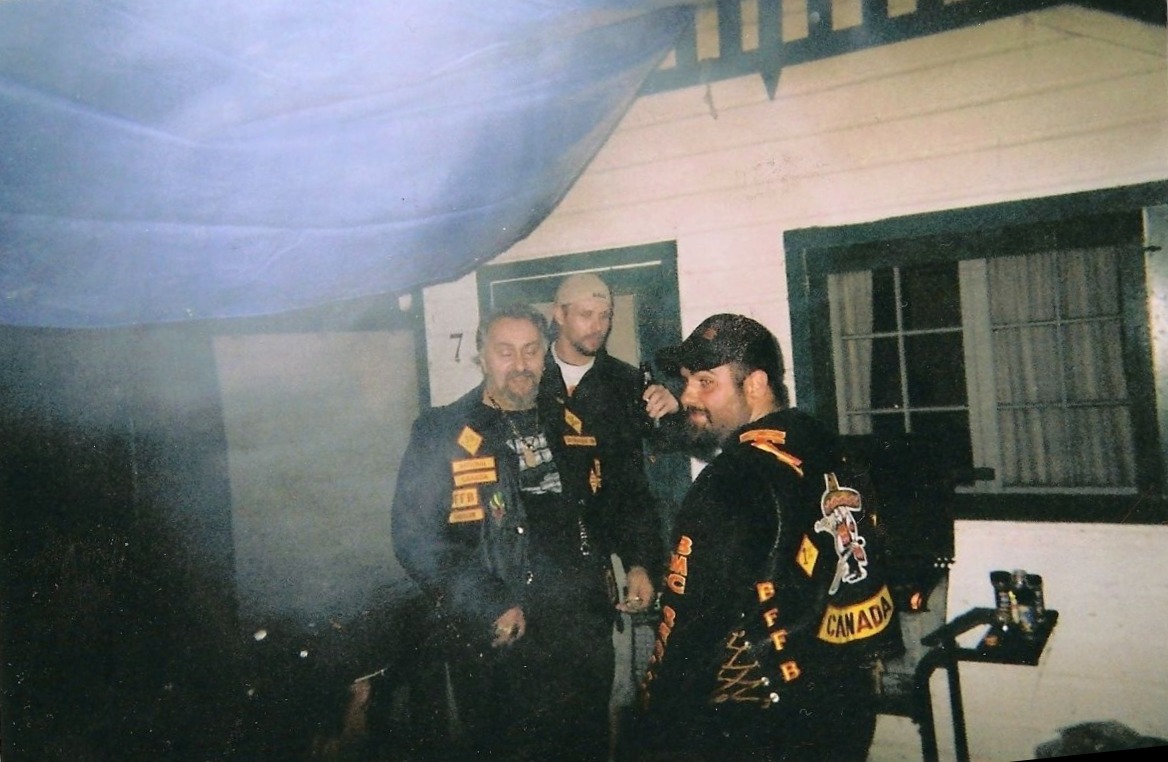
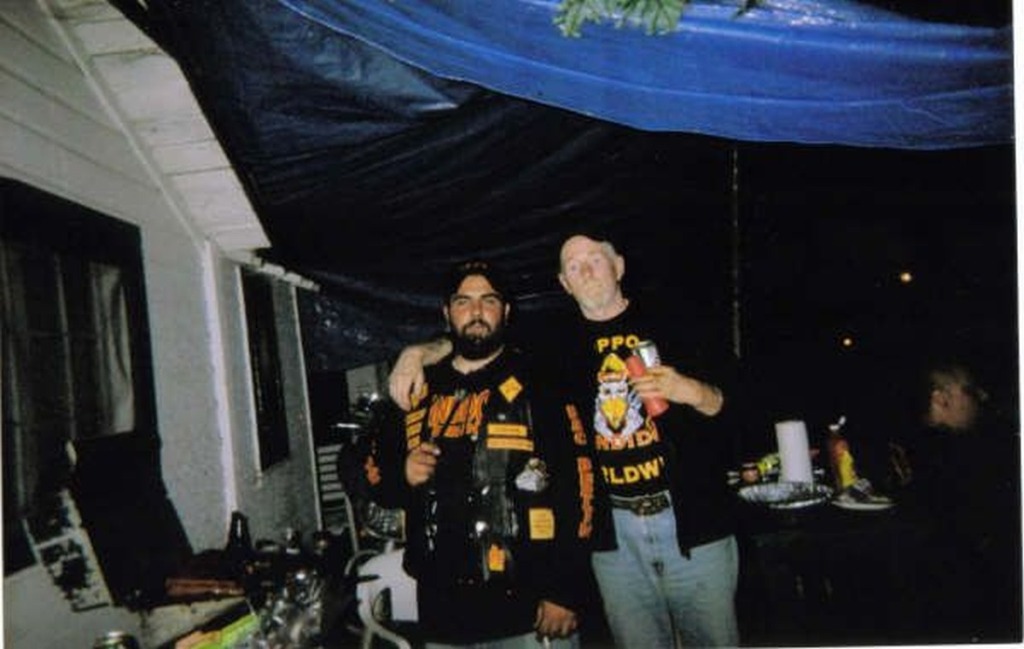
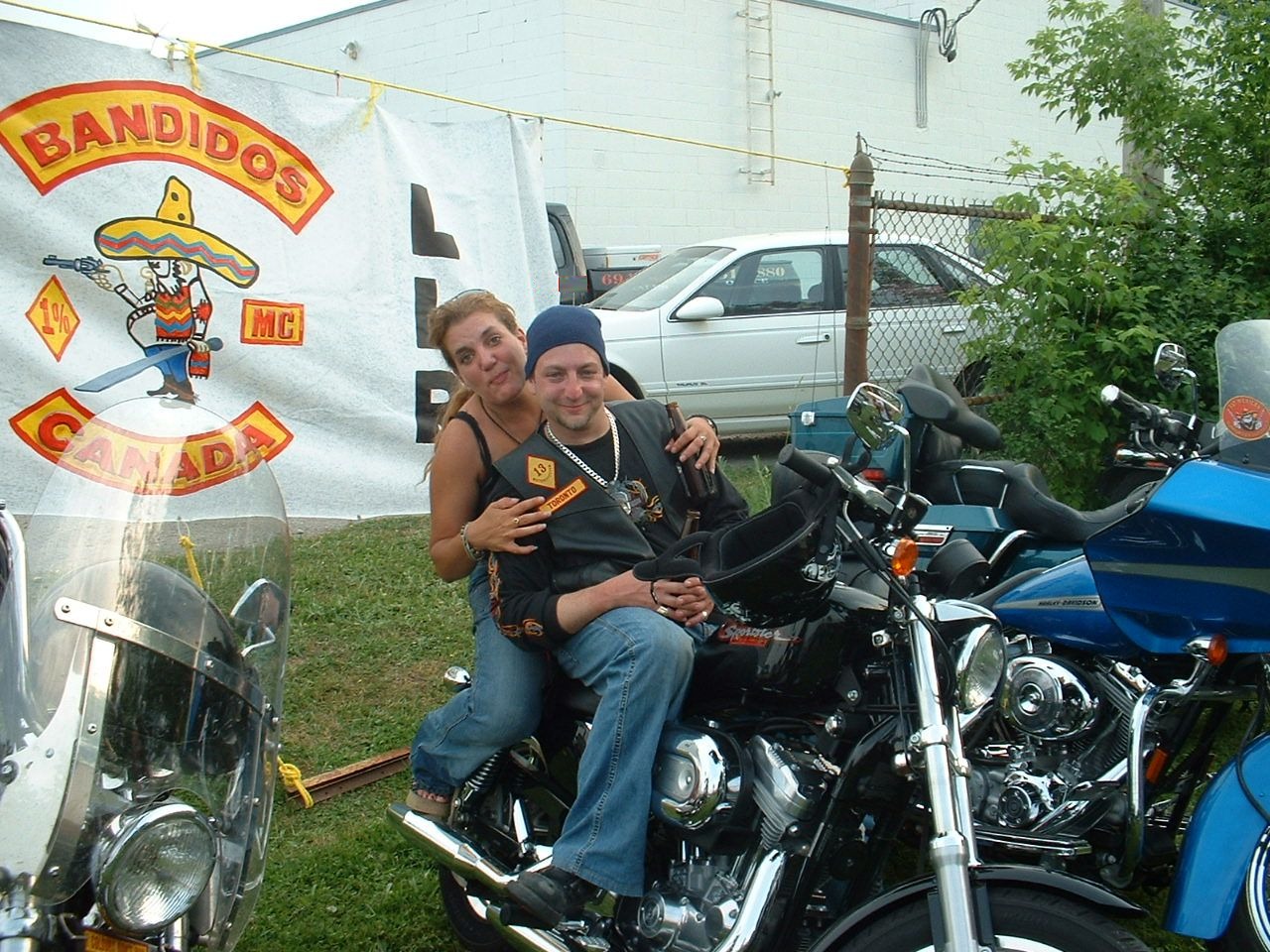
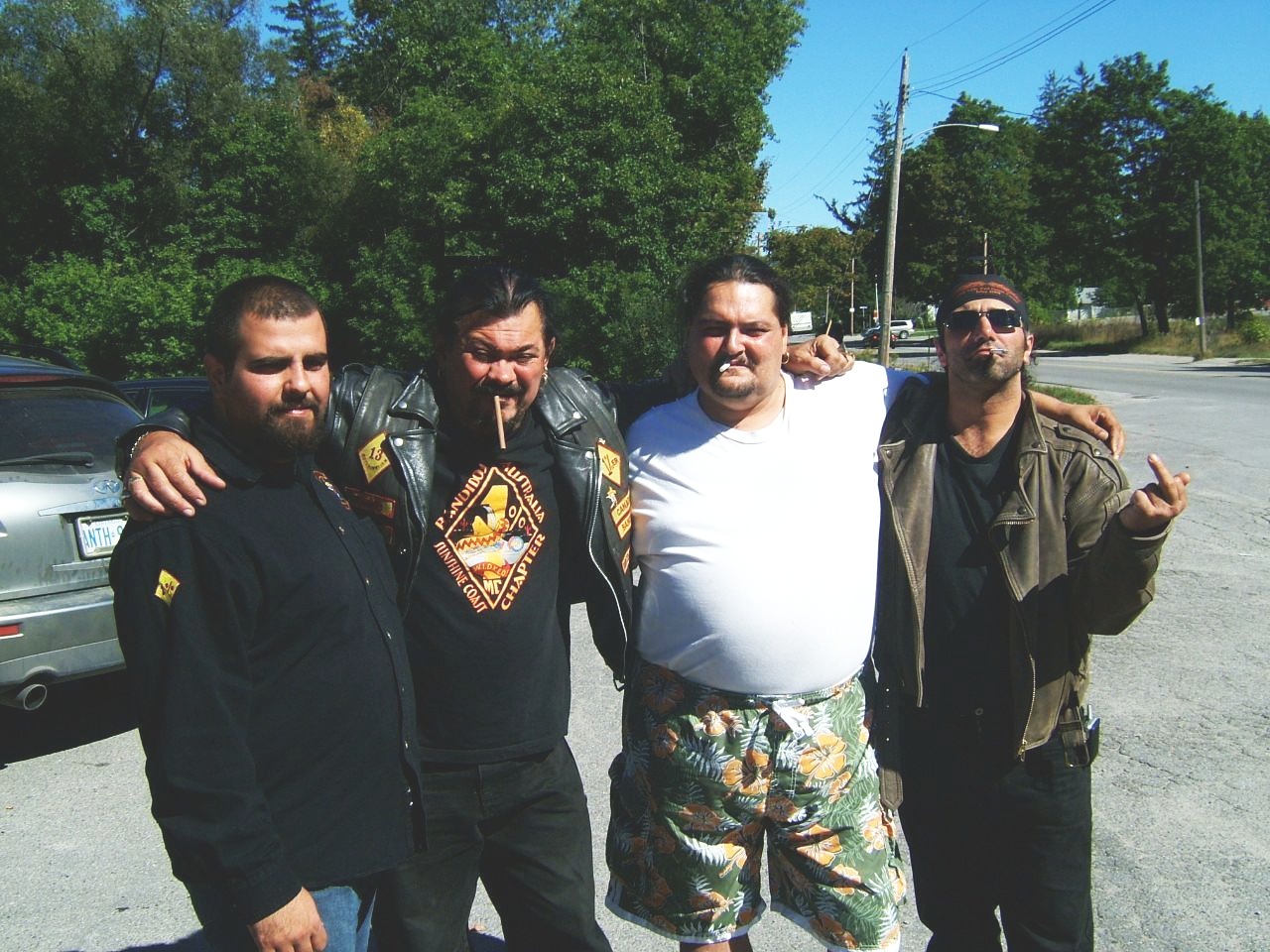
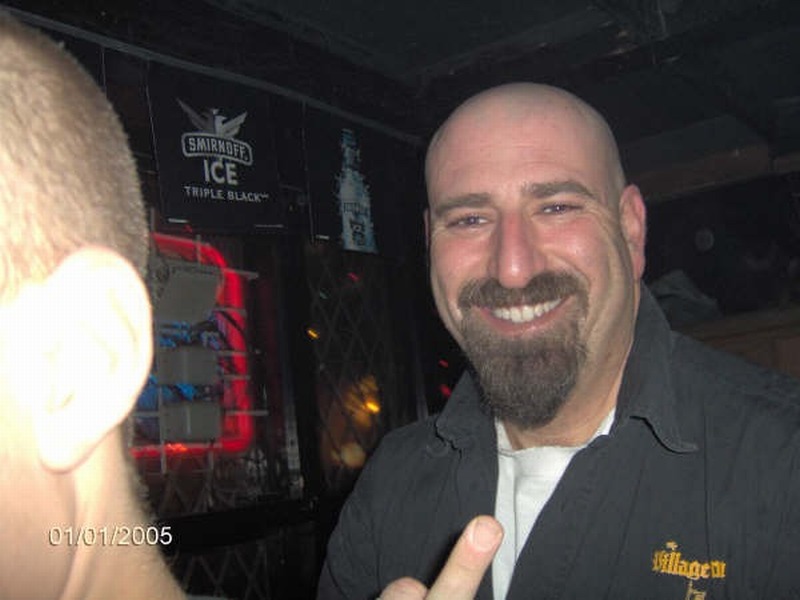
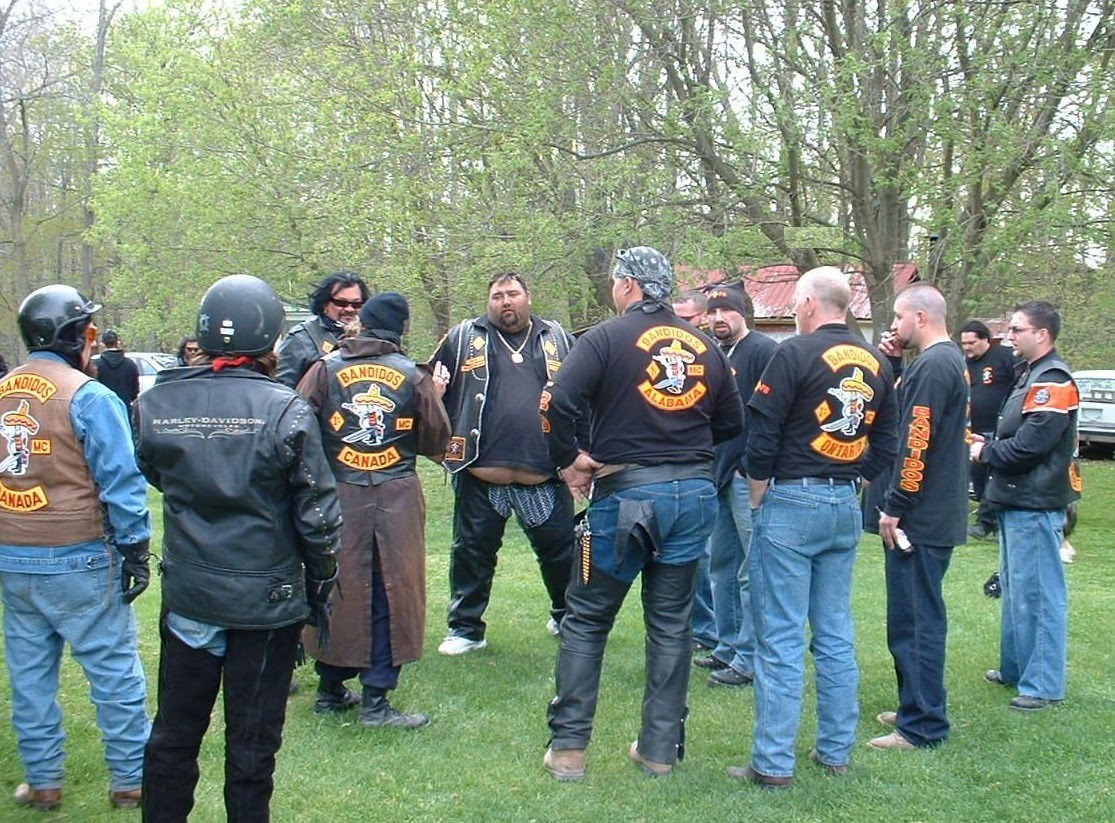












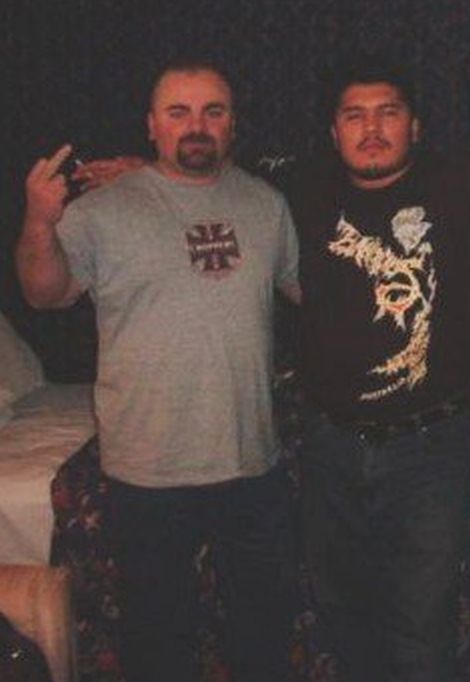





since weiner killed all his buddy's in cold blod
ReplyDeletemaybe you should take the goofs name off the web site or relist him as a fucking goof